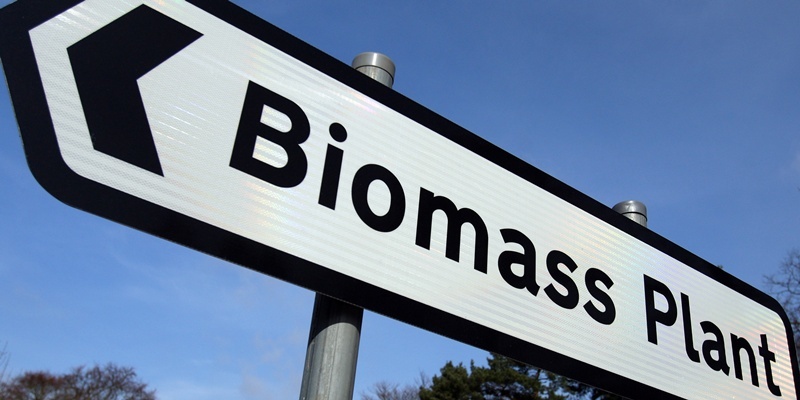The company behind plans for a biomass plant at Dundee harbour has told ministers that renewable energy projects must not be hampered by an “unwilling and inflexible” planning system.
Forth Energy, which is a partnership between harbour owners Forth Ports and Scottish and Southern Energy, took part in a Scottish Government consultation on how communities can benefit from future energy production.
The company’s stance was criticised by the Tayside branch of Friends of the Earth, which described the call for greater flexibility in the planning process as “worrying”.
Forth Energy wants to build a 100 megawatt plant to burn biomass mostly shipped in from overseas to produce enough electricity to power the equivalent of 160,000 homes.
Only 40 people would be employed at the plant but the company has argued that it will support other jobs and also help to attract other industry to the city.
However, it has run into opposition from residents who are worried about the visual impact of the plant and a range of environmental concerns, including the effect of emissions.
Dundee City Council has given its conditional support, with the proviso that its concerns about air quality and potential health threats are answered, and the fate of the application now rests with the Scottish Government.
In its submission to the consultation, Forth Energy said, “It is important that development in renewable energy in Scotland is not hindered by an unwilling and inflexible attitude to the operation of the planning system.Harness”A stronger message should be conveyed by government that if we are to harness Scotland’s renewable energy potential and meet the long-term aspiration identified to make Scotland a net exporter of power, then the planning system must process applications more efficiently.
“Whilst environmental protection is of vital importance, and developments should all be weighed carefully in the decision-making process, the use of environmental legislation to delay and frustrate renewable energy projects should be discouraged strongly.”
Forth Energy also argued that a distinction should be drawn between wind power developments which it said are perceived not to provide significant benefits to the communities where they are sited and thermal projects, such as its biomass proposals.
Thermal projects provide “significant local economic benefits, including jobs” and while they may provide less in direct community benefit payments, they may be more beneficial overall, the company said.
Andrew Llanwarne, of Friends of the Earth Tayside, said he accepted that the planning process was bureaucratic and decisions could take a long time “But delays are often the result of developers failing to provide sufficient information in support of their application, and Forth Energy are certainly at fault in this regard,” he added.Essential”It is essential that local authorities, statutory bodies and the communities affected have the time to assess plans and request further details if required. Essentially that is what Dundee City Council has done in requiring further information on the impacts on public health and the environment from the proposed plant.
“Maybe Forth Energy believes that these issues are trivial but they are central to the concerns of the local community.”
Mr Llanwarne said Friends of the Earth Tayside had concerns about the sustainability of the Dundee project, the sourcing of the timber to be burned, whether or not this would result in a reduction of CO2 emissions and the adequacy of the plant to support a heating system.
He noted that Forth Energy’s submission argued that the wider economic benefits to the community should be taken into account when deciding on applications.
“Yet this investment of around £350 million would only create 40 direct jobs that’s about £9 million per job, not counting the government subsidies. There are many other ways of creating green jobs that are better value for money. And the reference to ‘gross value added to local economies’ is also misleading most of the money would not be seen in Dundee but would go to big investors far away.”
